Google Cloud announced this week that it’s shutting down its IoT Core service, giving customers a year to move to a partner to manage their IoT devices.
The announcement appeared at the top of the IoT Core web page this week with little fanfare. The company also sent an email to customers announcing the change.
It believes that having partners manage the process for customers is a better way to go. “Since launching IoT Core, it has become clear that our customers’ needs could be better served by our network of partners that specialize in IoT applications and services,” a Google spokesperson explained.
Google is also keenly aware of its reputation for suddenly shutting down services, and the Google Cloud spokesperson was careful to point out that they are trying to make the move as seamless as possible for customers. “We have worked extensively to provide customers with migration options and solution alternatives, and are providing a year-long runway before IoT Core is discontinued.”
That may be so, but it certainly didn’t appease commenters on Hacker News, who were highly critical of the news, and questioned Google Cloud’s commitment to its customers.
Competitors AWS and Microsoft offer similar services, which provide a way for customers to manage their IoT devices, while ingesting and making sense of all of the data coming in from those devices.
Constellation Research analyst Holger Mueller found it intriguing that Google was shutting down this particular service after all the IoT hype we’ve been hearing in recent years. “It’s interesting. IoT was supposed to be this big driver for cloud loads for the cloud vendors,” he said.
Mueller said that the big three cloud vendors — Amazon, Microsoft and Google — haven’t had much innovation on IoT services. “All three have been kind of standing still on their offerings, which has allowed the best-of-breed and specialized vendors to catch up. Now those specialized IoT vendors run on the big three cloud infrastructure, and they get those workloads anyway without the investment and maintenance of a software platform,” he said. But so far, only Google has announced it’s deprecating its IoT core service.
Ultimately, this could have to do with the mounting losses that the company has been facing in the cloud division as it works to catch up with rivals Amazon and Microsoft. The investment seems to be working, with the company reporting more than $6 billion in revenue in its most recent earnings report last month, up from $4.6 billion the prior year. But the division also reported losses of $858 million, a much wider gap than the prior year’s $591 million loss.
It’s worth noting that the cloud infrastructure market more broadly is growing rapidly and Google could be investing heavily to get a bigger piece of that over time, while tolerating losses in the short term. Synergy Research reported last month that the market was worth almost $55 billion last quarter, with Google accounting for 10% of that. That was good for third place behind Amazon with 34% and Microsoft with 21%. The market, which includes infrastructure as a service, platform as a service along with hosted private cloud services, grew 31% in Q2 2022. (Google Cloud’s $6 billion figure includes additional services beyond the ones Synergy counts, hence the difference between Synergy’s number, and what Alphabet reported for Google Cloud revenue.)
Google published a blog post last July outlining its core tenets when it comes to changing or shutting down a service. To that end, the company stated, “If a deprecation or breaking change is inevitable, then the burden is on us to make the migration as effortless as possible.”
Regardless of the written policy, customers like the ones on Hacker News are feeling like they’ve been left in the lurch. To a large extent commenters see this as a trust issue, and Google Cloud will need to address that, especially as it tries to grow the division.
With a $22B run rate, does it matter if Google Cloud still loses money?
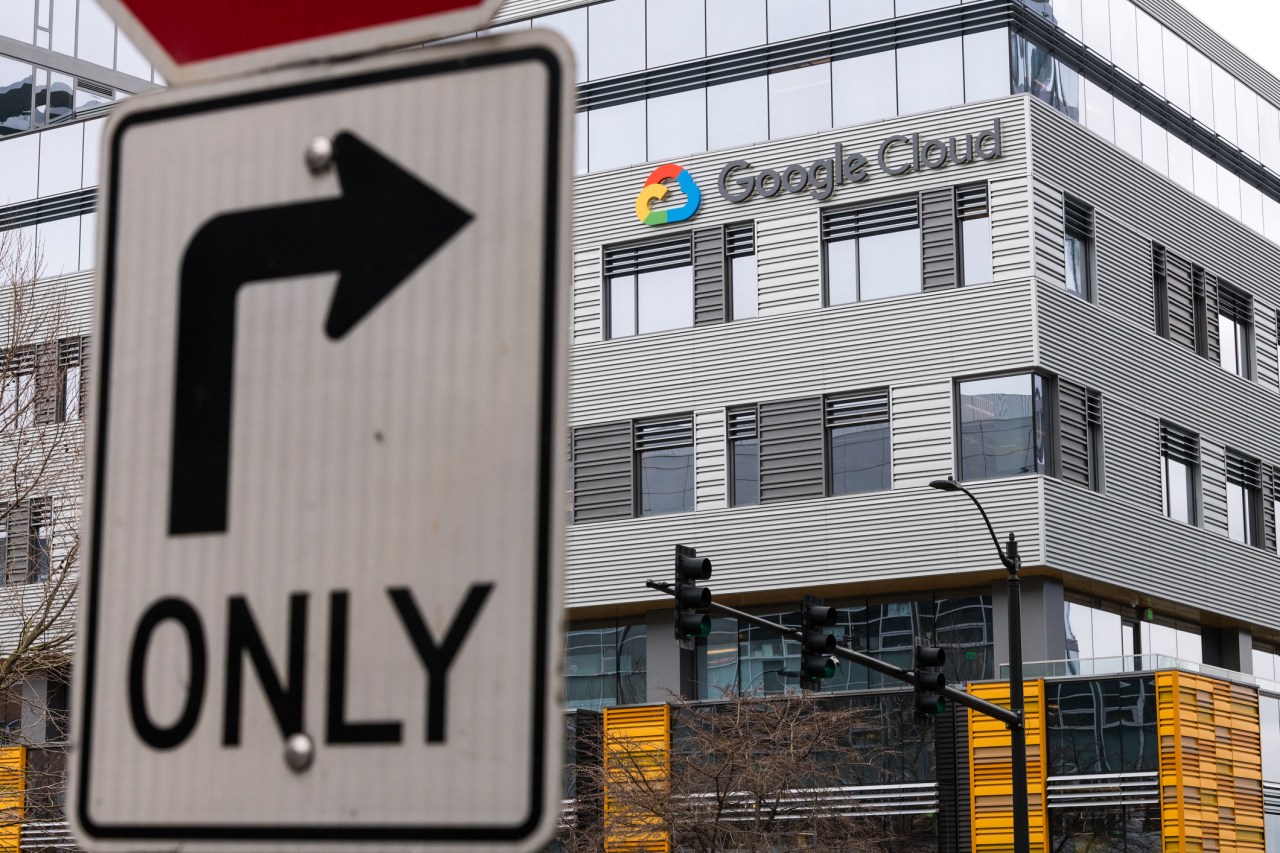

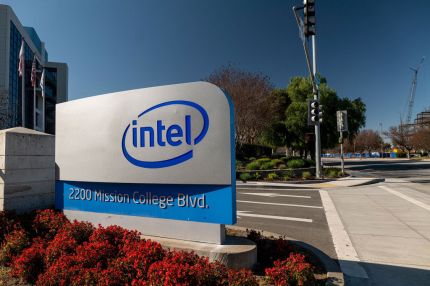






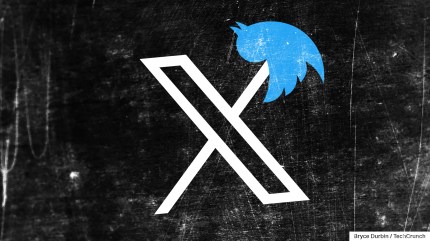



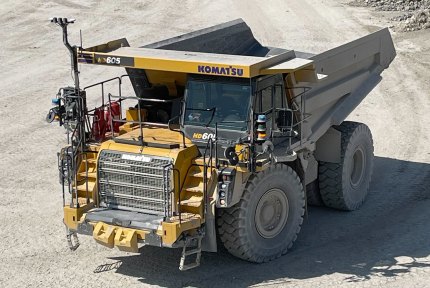





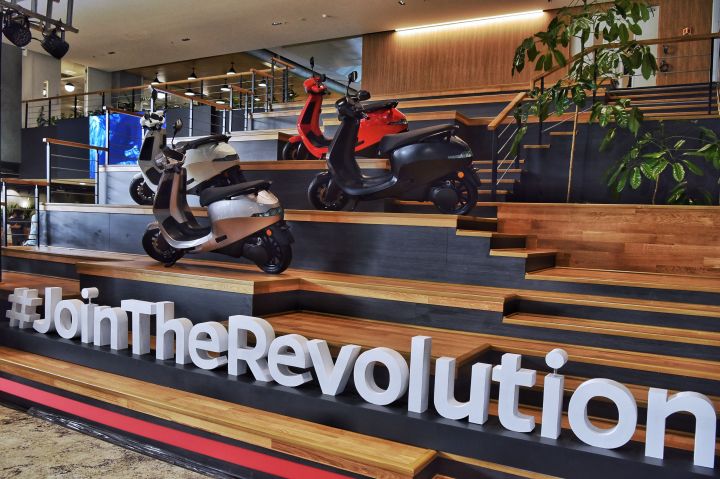









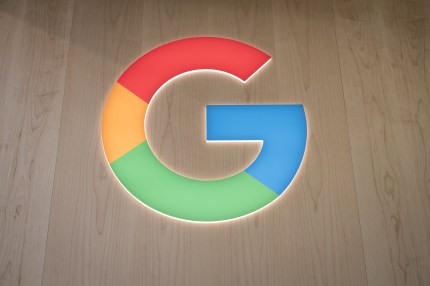
Comment